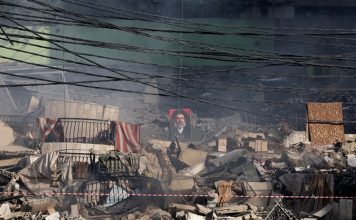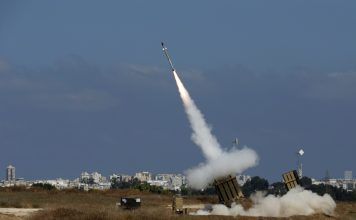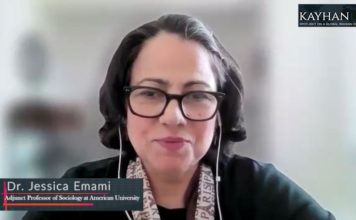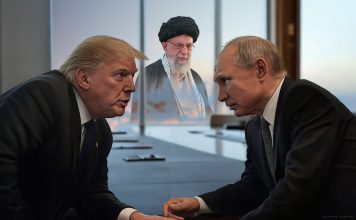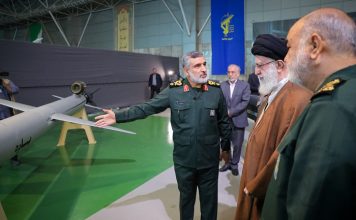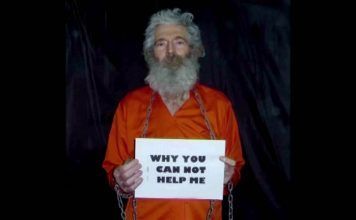By Kayhan Life Staff
Reza Ghotbi, who served as the longtime director of National Iranian Radio and Television (NIRT) before the Revolution, passed away on Aug. 26 in Paris at the age of 86 after a prolonged illness.
Ghotbi was a significant figure during the Pahlavi era. Initially a mathematics professor, he headed National Iranian Radio and Television from 1963 to 1978, and was instrumental in the growth and advancement of broadcasting in Iran. During his tenure, National Iranian Radio and Television evolved into one of the region’s largest and most watched television channels.
After the Islamic Revolution, Ghotbi lived in secrecy in Tehran for a period before moving abroad with the help of Empress Farah Pahlavi. He then engaged in telecommunications work in the U.S.
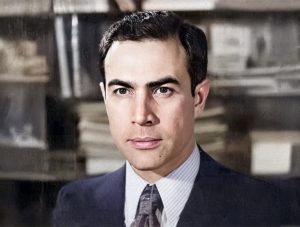
Ghotbi was born on April 6, 1938, in Tehran. He completed his primary education at the Firouz Kouhi Primary School, and subsequently attended Alborz High School. He pursued telecommunications engineering and mathematics studies at university, and later became a mathematics professor at the Aryamehr University of Technology. (Aryamehr University was renamed Sharif University of Technology after the Revolution, in honor of Majid Sharif Vaghefi, a People’s Mojahedin-e Khalq Organization member who was killed in an internal purge.)
Ghotbi was a cousin of Empress Farah. In 1963, Ghotbi, in collaboration with Farrokh Ghaffari and Cyrus Hedayat, played a pivotal role in establishing the NIRT.

Before his role as head of the NIRT, Ghotbi served as the director of the Shiraz Arts Festival. Established by Empress Farah in 1967, this festival took place every year until 1977 in Shiraz, the ancient site of Persepolis.
Ghotbi established several organizations throughout his career, including the Iranian Development Group, Iran’s Social and Music Center, the Supreme Assembly of Cinema and Television, the Children and Youth Music Workshop, and the Theater and Television Educational Workshop.
In the months leading up to the 1979 revolution — a period marked by frequent managerial changes at NIRT — Tooraj Farazmand was briefly appointed head of the NIRT under the government of Army General Gholamreza Azhari, who was Iran’s 39th Prime Minister from November to December 1978.
Following the 1979 Islamic Revolution, Ghotbi moved with his family to Paris, then to Washington, D.C., where he lived for more than 30 years. A few years ago, he returned to Paris, where he remained until his passing on Aug. 26.



